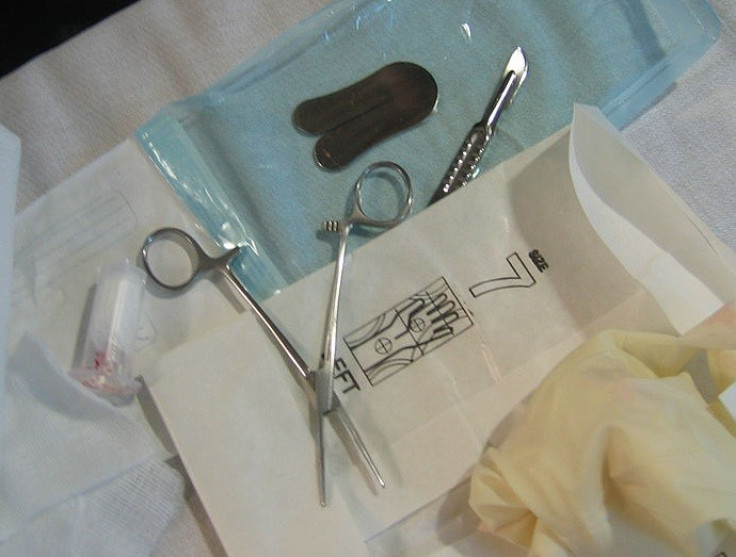Circumcision Benefits Exceed Risks 'a Hundred Times Over'

The benefits of male circumcision outweigh the risks by about a hundred times, researchers have said.
An international team of experts from the US and Australia have said the health benefits of infant male circumcision exceed the risks by 100: 1.
Published in the Mayo Clinic Proceedings, the team say the biggest immediate benefit is to protect against urinary tract infections (UTIs) that can damage the kidney – a condition that affects one in three uncircumcised boys.
Researchers also found circumcision had no adverse effect on sexual function, sensitivity or pleasure.
However, their research comes in direct opposition to a report published by the European Council last year that called the practice a human rights violation.
Earlier this year, medical associations in Sweden and Denmark urged for non-medical circumcision of boys to be banned. The Sweden Medical Association recommended a minimum age of 12 for the procedure, as well as the boys consent.
In Denmark, the Danish College of General Practitioners wrote a statement saying circumcision was akin to abuse and mutilation. It is expected the latest research will reignite a debate about the circumcision of young boys.
Researcher Brian Morris, from University of Sydney, said: "The new findings now show that infant circumcision should be regarded as equivalent to childhood vaccination and that as such it would be unethical not to routinely offer parents circumcision for their baby boy.
Delay puts the child's health at risk and will usually mean it will never happen.
"Delay puts the child's health at risk and will usually mean it will never happen."
The researchers found circumcision rates have risen in white men to 91%, in black men to 76%, and in Hispanic men to 44%. However, among infants in the US, rates have dropped.
The fall is caused by two main factors:
- Demographic changes with the rise in the Hispanic population. Hispanic families tend to be less familiar with circumcision, making them less likely to allow the practice on their baby boys.
- Absence of Medicaid coverage for the poor in 18 US states. In those states circumcision is 24% lower.
Researchers say their latest findings help to demystify myths perpetuated by opponents of the procedure. It also supports the latest American Academy of Pediatrics policy that supports education and access for infant male circumcision.
Concluding, the authors say circumcision should be promoted as a safe way to prevent foreskin-related diseases.
Circumcision factbox
Circumcision is the surgical removal of the foreskin (prepuce) from the penis and it is usually practised on new-borns during their first 10 days of life.
This practice is believed to be the world's oldest surgical procedure and it is very important for Jews, with over 90% of adherents having it performed as a religious obligation.
It is also practiced nearly universally by Muslim males, and it is spread in South Korea, the United States and parts of Southeast Asia and Africa.
664,500,000 males aged 15 and over were circumcised in 2007, according to World Health Organisation.
Circumcision reduces the risk of HIV infection and sexually transmitted diseases such as human papillomavirus (HPV) syphilis, chancroid and genital herpes.
The practice has also a protective effect against the risks of penile cancer in men, and cervical cancer in the female sexual partners of circumcised heterosexual men.
There is a vigorous debate over ethical concerns regarding circumcision, with people arguing that newborns do not have the capabilities to make decisions for themselves.
© Copyright IBTimes 2024. All rights reserved.






